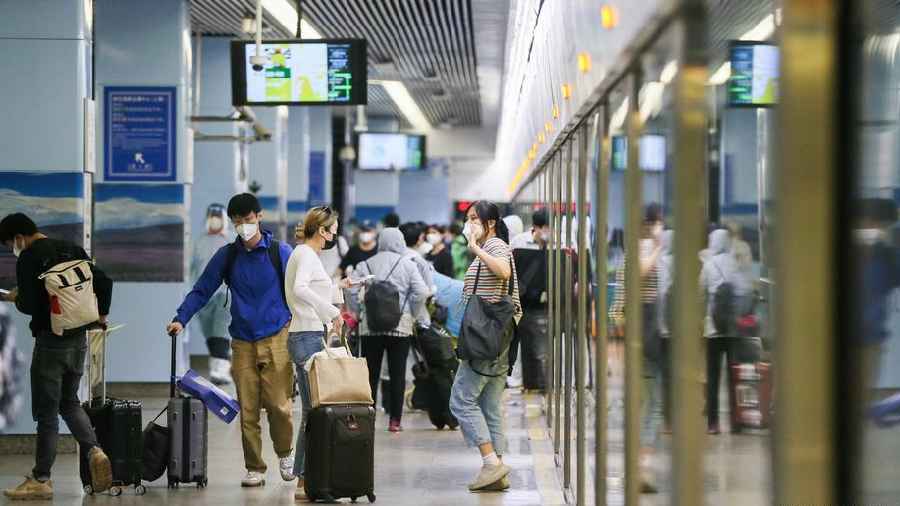China’s major policy shift in response to the coronavirus comes as the country reopens its borders and emerges from international isolation after nearly three years, with the announcement that quarantine for international travellers will be abolished as of January 8. This comes just days after the country saw nationwide anti-government protests against its stringent zero-Covid policy.
On Monday, the National Health Commission (NHC) declared that the severity classification of COVID-19 would be lowered from Class A to Class B, placing it in the same category as diseases like Dengue fever.
As of January 8, 2023, China will no longer require inbound quarantine for international arrivals.

In the past, travellers arriving from outside were required to spend nearly two weeks in government-run quarantine facilities; this period has now been shortened to five days, with an additional three days dedicated to monitoring.
Since the Xi Jinping regime eased its strict zero-Covid policy earlier this month in response to a wave of anti-government protests, the country has been dealing with an unexpected increase in coronavirus infections, fueled by the Omicron variety.
Authorities maintain that the Omicron strain was not nearly as deadly as the Delta strain, which resulted in numerous deaths all around the globe.
According to the South China Morning Post of Hong Kong, since 2020 COVID-19 has been treated as a top category ‘A’ infectious disease, on par with bubonic plague and cholera.
Quarantine, isolation of the infected and their close connections, and lockdowns are all measures that the Chinese government must take to prevent the spread of infectious diseases and are required by law.
The diseased and potentially infected must be quarantined at the border while waiting out the incubation period.
On Sunday, the NHC also stopped reporting daily Covid instances.
Before spreading over the world, the novel coronavirus appeared in Wuhan, a city in central China, in December 2019.




GIPHY App Key not set. Please check settings